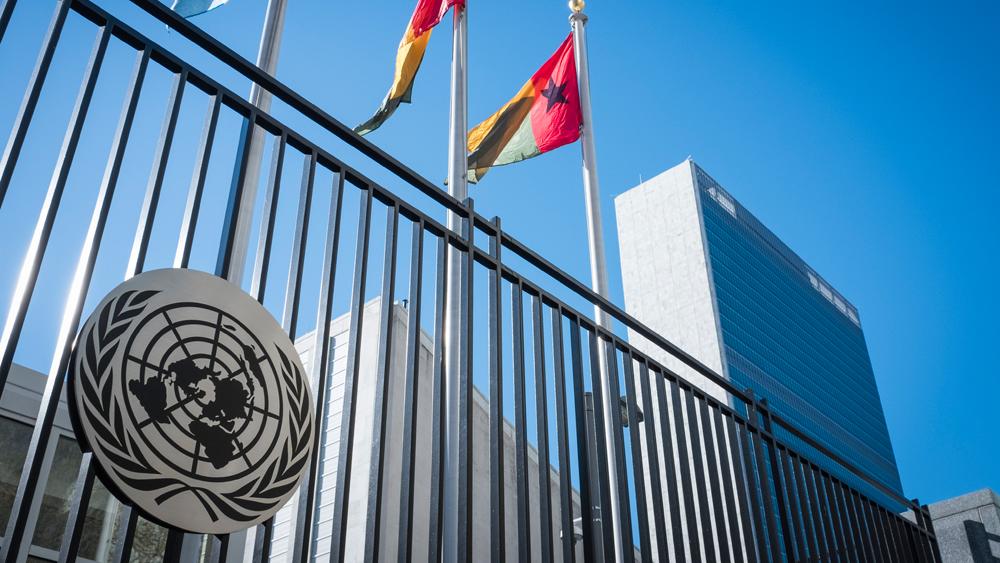Statement by Anna Evstigneeva, Deputy Permanent Representative of Russia to the UN, at UNSC briefing on the situation in Guinea-Bissau
Mr. President,
At the outset let me offer our condolences with regard to the attack in Niamey and express hope that the responsible will be found and held accountable.
We thank SRSG for Guinea-Bissau Rosine Sori-Coulibaly, UNODC Executive Director Ghada Fathi Waly, and representative of the Guinea-Bissau Configuration of the Peacebuilding Commission João Filho for the information they shared.
At the beginning of 2020, Guinea-Bissau went through a complicated post-electoral period. Controversies around the results of the presidential elections have had a negative impact on the socio-political, economic and social situations. At some point, neutrality of the military was called into question.
At the same time, we should admit that since April the situation in the country has been improving. ECOWAS recognized Umaro Sissoco Embalo as legitimate president-elect. In June, the Parliament enacted the program of work of the Government of Nuno Gomes Nabiam. The leadership of the ECOWAS also welcomed this decision.
By all means, there still remain some controversies between major political players. Therefore, we call upon all public and political forces of the country to behave responsibly in order to create conditions that would reduce political tensions. We call on the country’s armed forces to stay out of politics just as before.
We believe that forming new executive authority in Guinea-Bissau will let the country concentrate on the implementation of reforms under the Conakry Agreement, including review of the national Constitution, electoral legislation, and the law on political parties. It is particularly important to address socio-economic problems that have clearly exacerbated against the coronavirus pandemic.
As before, we still assume that reorganization of the UNIOGBIS should proceed routinely and within terms set by resolution 2512 of the Security Council. By the end of December 2020, when UNIOGBIS is about to terminate its presence in Guinea-Bissau, UN country team should get all the instruments it needs to both promote development of Guinea-Bissau, and contribute to addressing such serious challenges as drug trafficking, corruption, and fine-tuning of the work of state institutions. In this regard, we would like to commend the work that the UNODC carries out in the region – the work that will go on, as we take from the briefing.
We believe it is high time we raised a question of gradual drawdown of Guinea-Bissau sanctions, which have long become rudimentary. The current situation has nothing to do with the coup d’état of 2012 when sanctions were imposed. As is clear from the developments of the first six months of 2020, sanctions have no bearing on the domestic political dynamic in the country. They appear to exist in some sort of a “parallel dimension”. Given the termination of the UNIOGBIS work and absence of any real threats to the international peace and security, maintenance of the Guinea-Bissau sanctions is rather perplexing.
Thank you.
